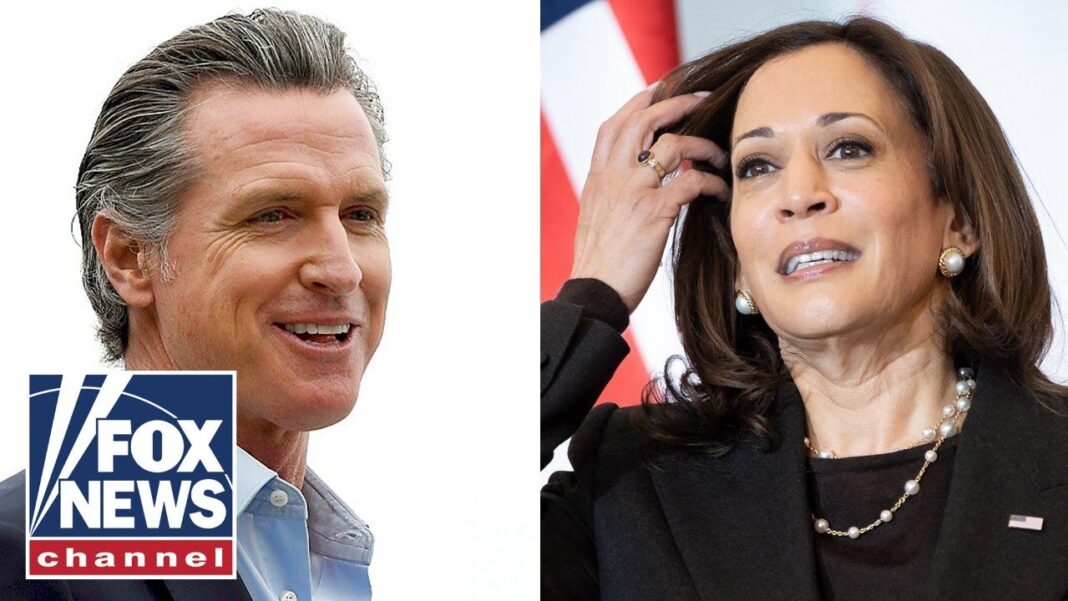Fetterman said Democrats previously supported ending the filibuster.
Sen. John Fetterman (D-Pa.) said on Oct. 25 that his fellow Democrats are “dug in until there’s an absolute ironclad kind of a deal” between the two parties to end the government shutdown, and reiterated his call to end the 60-vote threshold to resume funding.
In an interview with Fox News that aired on Saturday, Fetterman said he believes there are Senate Republicans who are receptive to discussions to extend the expiring Affordable Care Act (ACA) subsidies, but that the conversation will have to come after the government is reopened.
“Let’s just open it up,” Fetterman said. “Everyone’s paid, and then we can have that conversation to see if we can extend those tax credit deals. Because I do believe there are enough Republicans that would like to see that too.”
He said he worries about the 42 million Americans who will not receive their food stamps on Nov. 1.
“That’s a big deal right now. And now we all realize that a lot of the premiums are going to go up, and we might want to address that too. We can support those two things, but I think it’s fundamentally wrong, regardless, to shut our government out for those things,” Fetterman said. “You know, the Republican side has their priorities. We have our priorities.”
Fetterman added that he thinks it’s “entirely appropriate” to remove the filibuster, or 60-vote threshold, from the Senate for the sake of passing a continuing resolution to reopen the government, but to keep it otherwise intact for other legislation.
“I’m referring to carving out this specific [item] right now. I’m not talking about eliminating the entire filibuster,” he said.
Carving out the filibuster would make it almost impossible to shut our government down in the future, regardless of whether it would be the Democrats or the Republicans, he said, adding that the Senate should remove the power “to shut this down in this way.”
This is not the first time Fetterman has suggested removing the filibuster to pass a resolution reopening the government.
By Jacob Burg







